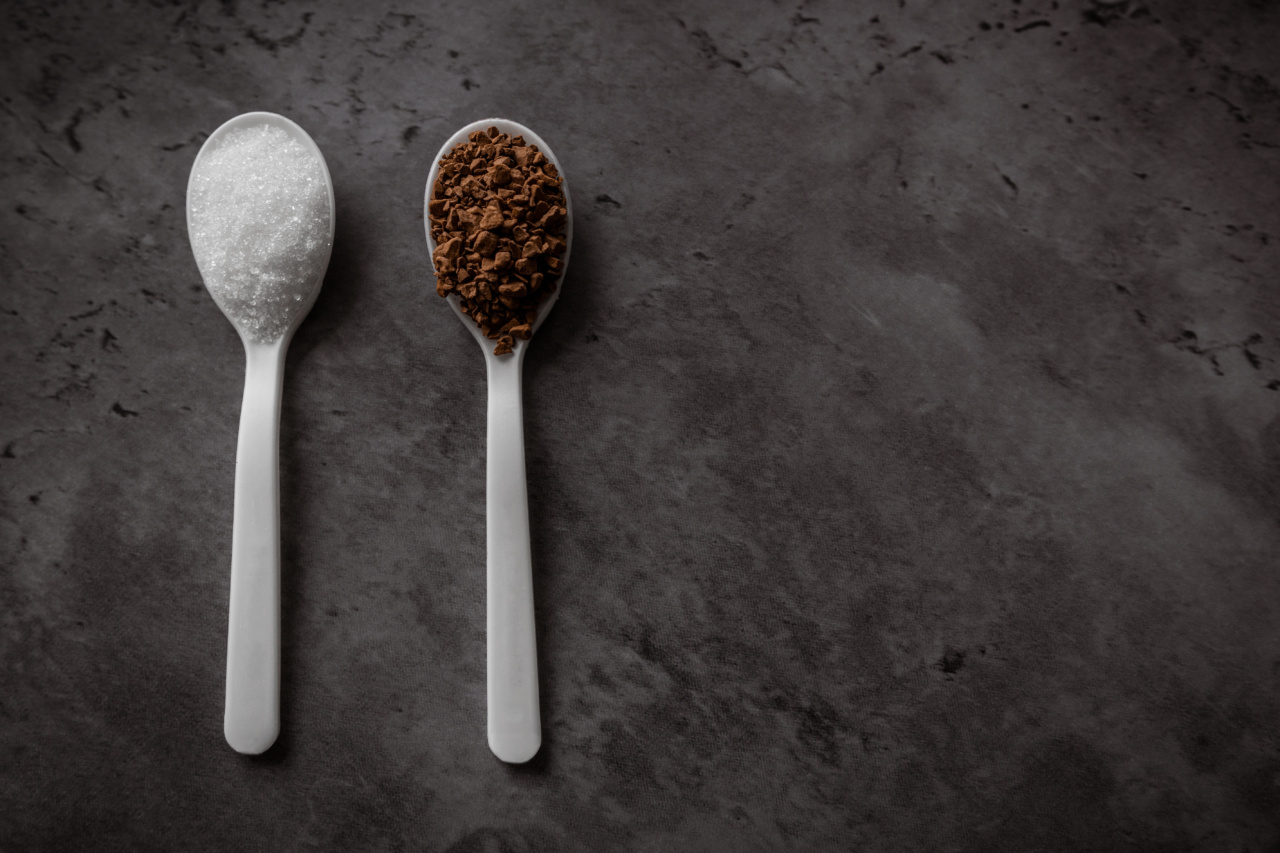Caffeine is a widely consumed psychoactive drug that is found in various beverages, including coffee, tea, and energy drinks. For many people, starting the day with a cup of coffee or tea has become an essential part of their routine.
However, excessive consumption of caffeine may have adverse effects on health, including a potential link to oral cancer.
Understanding Oral Cancer
Oral cancer refers to any cancerous growth that occurs in the oral cavity, which includes the lips, tongue, cheeks, and throat. It is a serious and potentially life-threatening condition that can significantly impact a person’s quality of life.
Can Caffeine Increase the Risk of Oral Cancer?
While there is limited research specifically linking caffeine to oral cancer, some studies have suggested a potential association between the two. Caffeine is known to have certain carcinogenic properties, meaning it has the potential to cause cancer.
However, it’s important to note that most studies linking caffeine to cancer have focused on other types of cancer, such as bladder, breast, and ovarian cancer.
The link between caffeine consumption and oral cancer specifically is still not well-established and requires further investigation.
The Role of Lifestyle Factors
It’s crucial to remember that the development of oral cancer is a complex process, and various factors contribute to its occurrence. Lifestyle factors, such as tobacco and alcohol use, have been extensively linked to oral cancer.
Smoking and chewing tobacco are significant risk factors for oral cancer. The harmful chemicals present in these products can damage the cells in the oral cavity, increasing the likelihood of cancerous growth.
Similarly, excessive alcohol consumption has been associated with an increased risk of oral cancer.
Therefore, it’s important to consider the overall lifestyle habits and not focus solely on caffeine consumption when assessing the risk of oral cancer.
Moderation is Key
Like most things in life, moderation is key when it comes to consuming caffeine. While excessive consumption may have potential health risks, moderate and responsible intake is generally considered safe.
The recommended daily caffeine intake varies from person to person, but generally, it is advised to limit consumption to no more than 400 milligrams per day. This is equivalent to approximately four cups of coffee or 10 cans of soda.
It’s important to note that caffeine content can vary significantly depending on the source. For example, a cup of coffee generally contains more caffeine than a cup of tea.
Energy drinks, on the other hand, often have high caffeine content and should be consumed with caution.
Monitoring Your Caffeine Intake
If you are a regular caffeine consumer and are concerned about its potential effects on oral health, there are several ways to monitor your intake:.
- Read labels: Pay attention to the caffeine content information on products such as coffee, tea, energy drinks, and even certain medications.
- Keep a journal: Monitor and track your caffeine consumption daily. This can help you identify patterns and determine if you are exceeding the recommended limits.
- Try alternatives: If you find yourself consuming more than the recommended amount of caffeine, consider exploring alternatives such as decaffeinated beverages or herbal teas.
- Consult with a healthcare professional: If you have concerns about your caffeine consumption or its potential impact on oral health, it is always best to seek advice from a healthcare professional.
Conclusion
While the research on the direct link between caffeine consumption and oral cancer is still limited, it’s important to maintain a balanced and healthy lifestyle overall.
Smoking, chewing tobacco, and excessive alcohol consumption have been established as significant risk factors for oral cancer, so focusing on reducing or eliminating these habits should be a priority.
As with any dietary component, moderation is key when consuming caffeine.
Adhering to the recommended daily limits and paying attention to overall lifestyle choices, such as maintaining good oral hygiene and avoiding tobacco and excessive alcohol, can help reduce the risk of oral cancer.





























